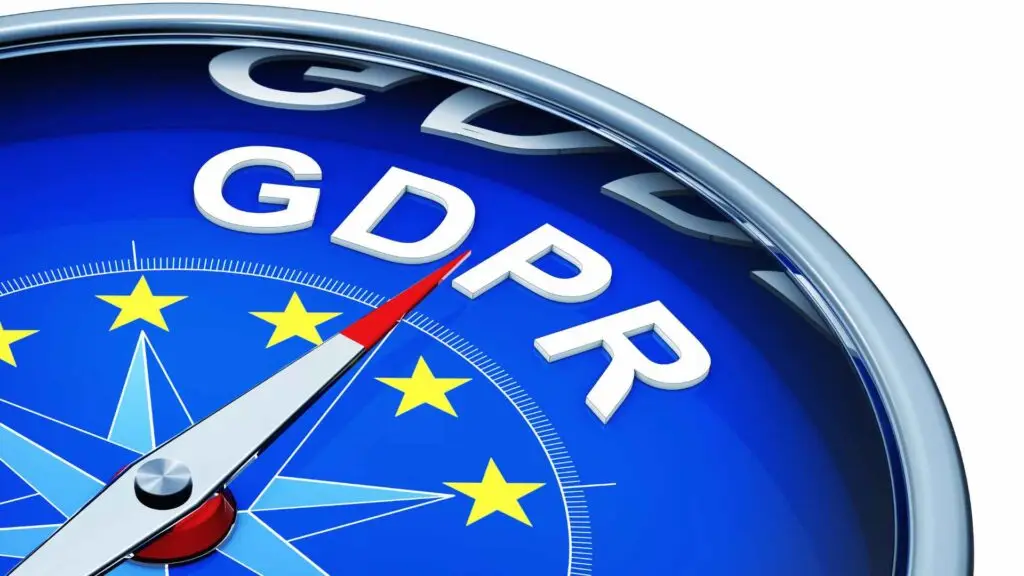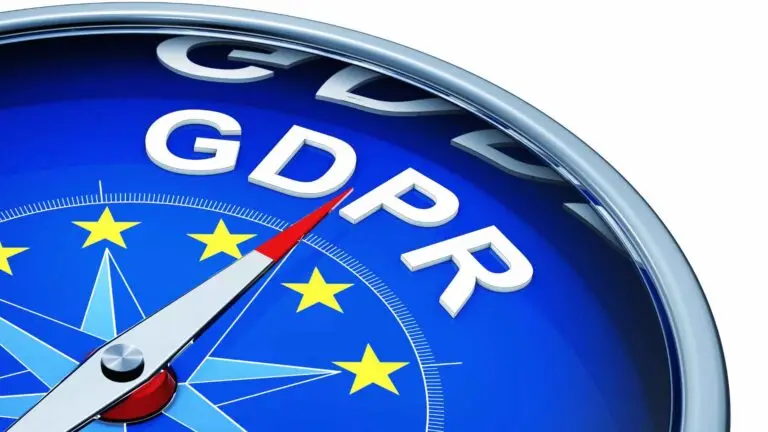Understanding GDPR in a Nutshell
GDPR represents the European Union‘s endeavor to fortify and unify data protection for all individuals within the EU and the European Economic Area (EEA). At its core, GDPR is designed to give individuals control over their data while simplifying the regulatory environment for international business by standardizing the regulation within the EU. It applies to all companies that process the personal data of individuals residing in the EU, regardless of the company’s location, making its scope genuinely global.
The Impact of GDPR on Content Creation
Content creators face a dual-edged sword in the wake of GDPR implementation. On one side, GDPR mandates explicit consent before collecting and using personal data, thereby ensuring transparency and fostering trust between creators and their audience. Conversely, this requirement poses a logistical challenge, necessitating robust mechanisms to obtain and document consent. Creatives must now navigate a labyrinth of legal considerations, potentially stifling innovation and impeding the free flow of ideas that are the lifeblood of the digital content ecosystem.
GDPR’s Influence on Content Distribution
The distribution channels through which content is disseminated are also under the microscope with GDPR. Platforms hosting user-generated content, from colossal social media networks to niche forums, must now ensure they operate within the bounds of GDPR. This involves re-evaluating how user data is collected, stored, and used in content sharing. For publishers and distributors, GDPR translates into adopting more rigorous data protection measures, which, while enhancing user privacy, may also curtail the personalization central to the user experience.
The Core Solutions of GDPR: Enhancing Privacy and Data Protection
- Enhancing Individual Privacy: GDPR addresses the critical need for individuals to have greater control over their data, thereby elevating the standard of privacy rights.
- Harmonizing Data Protection Laws: By standardizing data protection regulations across the EU, GDPR solves the problem of navigating a fragmented legal landscape for businesses operating in multiple member states.
- Strengthening Data Security: The GDPR mandates stricter security protocols for handling personal data, directly addressing data breaches and cyber threats.
- Increasing Transparency: The regulation solves the opacity surrounding data processing activities by requiring organizations to disclose how personal data is collected, used, and shared.
- Empowering Data Subjects: GDPR provides individuals with rights such as access to their data, the right to be forgotten, and the right to object to data processing, solving the problem of feeling powerless over personal data held by organizations.
- Enhancing Accountability: The GDPR ensures that organizations are accountable for the data they handle by imposing strict data processing principles and requiring data protection impact assessments.
- Promoting International Data Transfer Security: GDPR addresses the challenges and risks of transferring personal data outside the EU by setting clear standards and safeguards for such transfers.
- Encouraging Proactive Data Protection: The regulation shifts the approach from reactive to proactive, solving the problem of organizations waiting until a breach occurs before taking data protection seriously.
Navigating Compliance: A Guide for Content Marketers
For content marketers, GDPR is not just a regulatory hurdle but an opportunity to redefine engagement strategies with an emphasis on privacy and consent. The directive demands a paradigm shift towards more authentic and transparent marketing practices. Marketers must now devise innovative approaches to engage users, relying less on invasive data-driven tactics and more on quality content and user experience. This section explores practical steps for marketers to align their strategies with GDPR, from rethinking email marketing campaigns to leveraging anonymized data for insights.
The Broader Implications for Online Privacy and Security
GDPR sets a new benchmark for online privacy and security, raising the bar for data protection standards globally. Its implementation signifies a shift towards recognizing data privacy as a fundamental right, influencing the European digital space and prompting countries outside the EU to reconsider their data protection laws. This regulatory ripple effect underscores the growing importance of cybersecurity and privacy in the digital age, heralding a future where user data is treated with the utmost respect and care.
Conclusion: A New Era for Digital Content
GDPR and its implications for online content mark the beginning of a new era in digital data protection. While the regulation presents challenges for content creators, distributors, and marketers, it also offers a unique opportunity to foster a safer, more transparent online environment. By embracing the principles of GDPR, stakeholders can contribute to a digital ecosystem that respects user privacy and encourages responsible data management practices. In doing so, GDPR becomes a compliance requirement and a cornerstone of ethical digital engagement.







